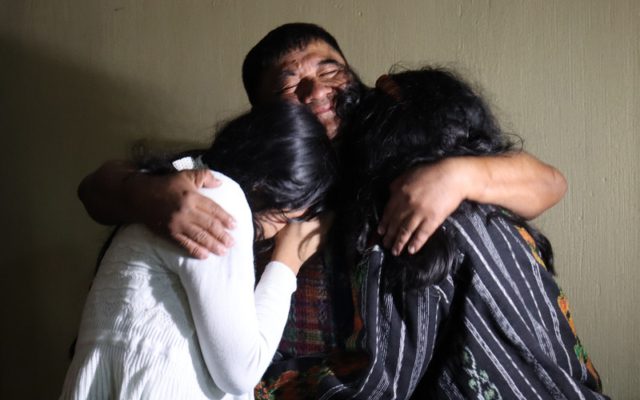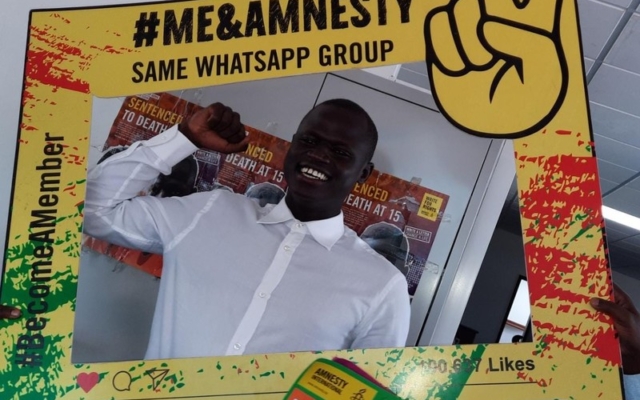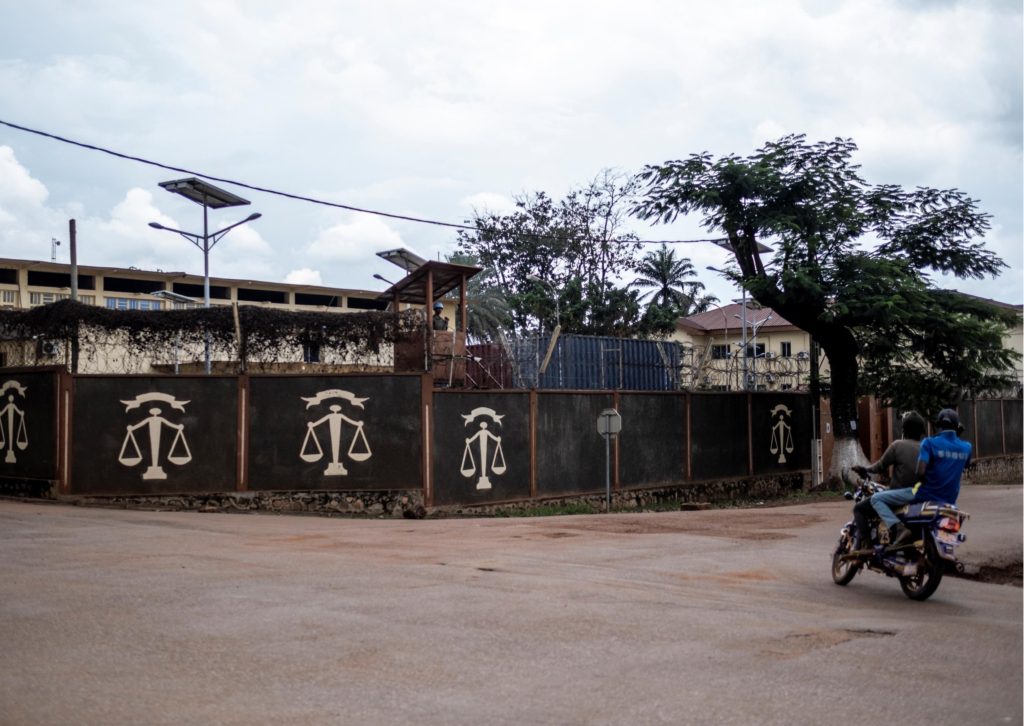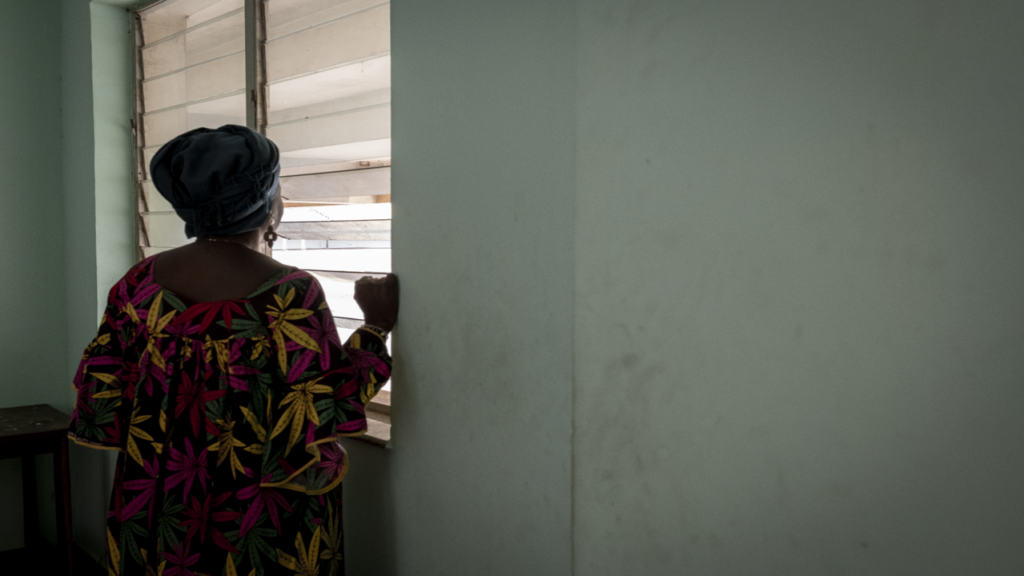Responding to the news that Pulitzer Prize winning Kashmiri photojournalist, Sanna Irshad Mattoo has been stopped again from travelling abroad by immigration authorities at the Delhi airport on Tuesday, Aakar Patel, chair of board of Amnesty International India, said:
“Arbitrary travel bans have increasingly become the principal tactic of the Indian authorities to silence independent and critical voices in the country. These arbitrary executive actions are not backed by any court order, warrant or even a written explanation, making it difficult for the activists and journalists to challenge these in the courts. This has led to the authorities routinely using travel bans as a preferred tool in the wider crackdown on dissent. This is a blatant violation of human rights and must end now.
The (Indian) authorities routinely using travel bans as a preferred tool in the wider crackdown on dissent.
This is a blatant violation of human rights
and must end nowAakar Patel, chair of board of Amnesty International India
“In particular, the Indian authorities have increased the use of travel bans against journalists and human rights defenders from region of Jammu and Kashmir in the last three years. This incessant witch-hunt is contrary to India’s international human rights obligations and reflects poorly on its record which is up for the Universal Periodic Review (UPR) early next month.
“The Indian authorities must lift all arbitrary travel bans, stop this unlawful practice and live up to their human rights obligations by respecting, protecting, promoting and fulfilling the human rights of everyone including to freedom of expression and movement.”
Background:
Sanna Irshad Mattoo was barred from travelling “despite having a valid visa and ticket” to the United States to attend the award ceremony of the prestigious Pulitzer prize for her coverage of the Covid-19 pandemic. According to media reports, she has not been given an official reason yet despite being stopped from international travel previously in July as well.
In October 2019, right before Jammu & Kashmir was dismantled into union territories, over 450 people including journalists, lawyers, politicians, human rights activists, and businessmen were placed on a temporary “No Fly List” without any judicial order.
Since 2019, Amnesty International has documented the cases of at least six Kashmiri journalists, human rights activists, academics, and politicians including Gowhar Geelani, Shah Faesal, Bilal Bhat, Zahid Rafiq, Sanna Mattoo and Aakash Hassan who have been barred from travelling outside India without any lawful justification.
The post India: Authorities must end alarming rise of arbitrary travel bans on journalists and activists appeared first on Amnesty International.







